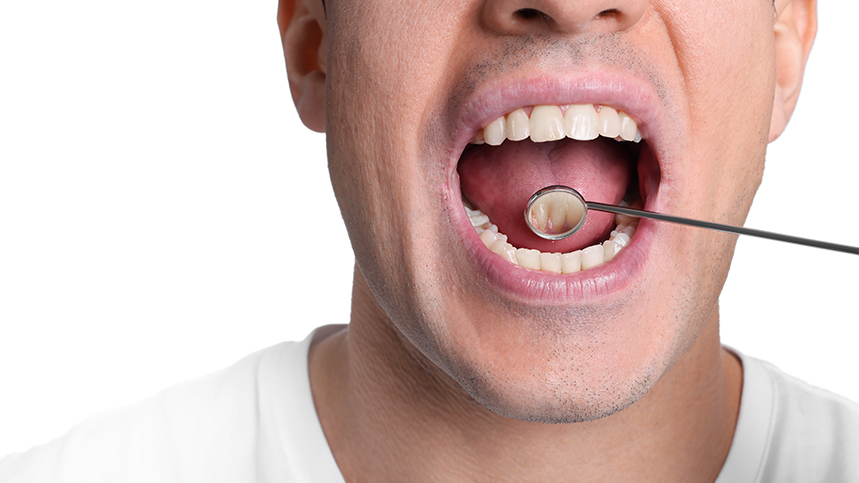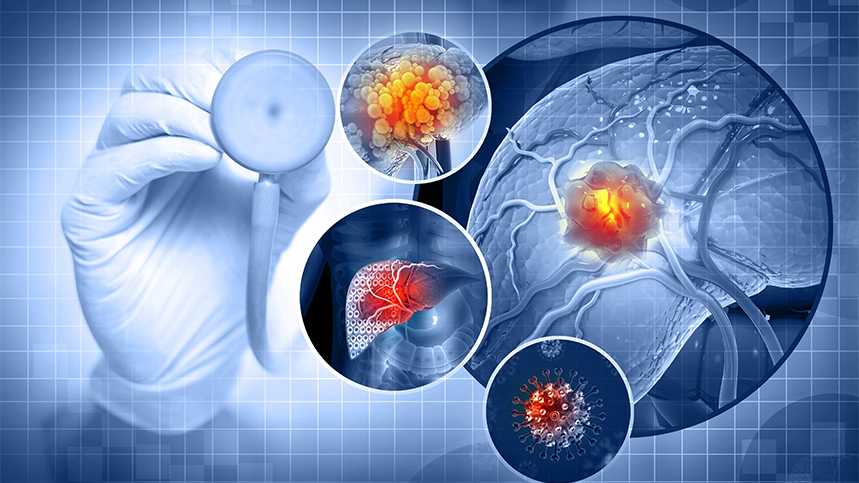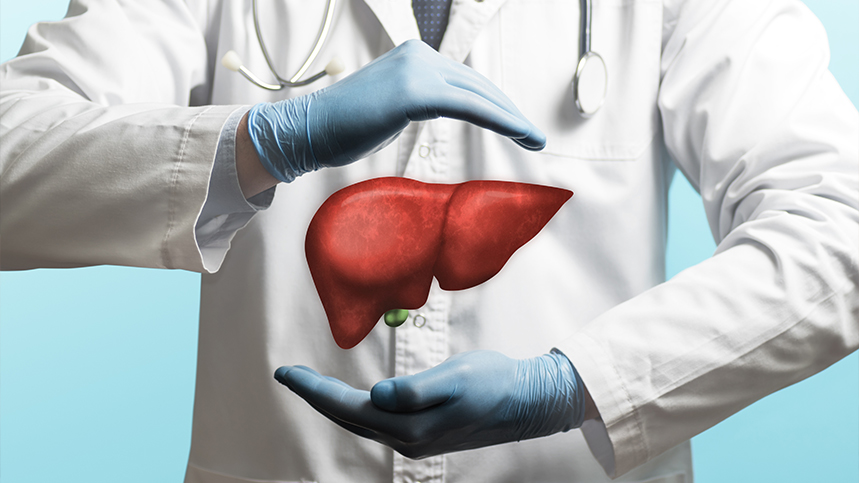Oral cancer is among the deadliest cancers in the world, and unfortunately, many people aren't aware of its existence. This type of cancer is often diagnosed at a late stage when it's difficult to treat, which is why it's essential to undergo regular oral cancer screenings.
Oral Cancer Screening
Oral cancer screening refers to a series of tests that are conducted to identify the presence of cancerous or precancerous cells in the mouth. The procedure involves a physical examination of the mouth, which includes a visual inspection of the lips, tongue, gums, inner cheeks, and the roof and floor of the mouth. During the exam, your dentist will be looking for any abnormalities in these areas, such as sores, lumps, red or white patches, and changes in the texture of the tissue.
During a screening, your dentist or doctor may also ask you about your health history and any risk factors you may have for oral cancer. Risk factors for oral cancer include tobacco use, heavy alcohol consumption, and exposure to the human papillomavirus (HPV). If you are at high risk for oral cancer, your dentist may recommend more frequent screenings or additional tests, such as a biopsy.
Benefits of Oral Cancer screening
One of the most important benefits of oral cancer screening is early detection. When oral cancer is detected early, it is often easier to treat and has a higher chance of being cured. In some cases, your dentist or doctor may even be able to identify precancerous cells and take preventative measures to stop them from turning into cancer.
The good news is that oral cancer screening is a pain-free, non-invasive procedure that only takes a few minutes. You don't need to do anything special to prepare for the exam, and you can resume your regular activities immediately after the screening. Your dentist may use special tools, such as a light or mirror, to get a better look at your mouth during the screening.
Conclusion
In conclusion, oral cancer screening is a quick and painless procedure that can help detect oral cancer early. It's simple, non-invasive, and doesn't require any special preparation. By undergoing regular screenings, you can ensure that any cancerous or precancerous cells are detected and treated before they have a chance to develop into a more serious condition. If you're due for an oral cancer screening or have any concerns about your oral health, talk to your dentist to schedule an appointment for a screening. Remember, prevention is always better than cure.










